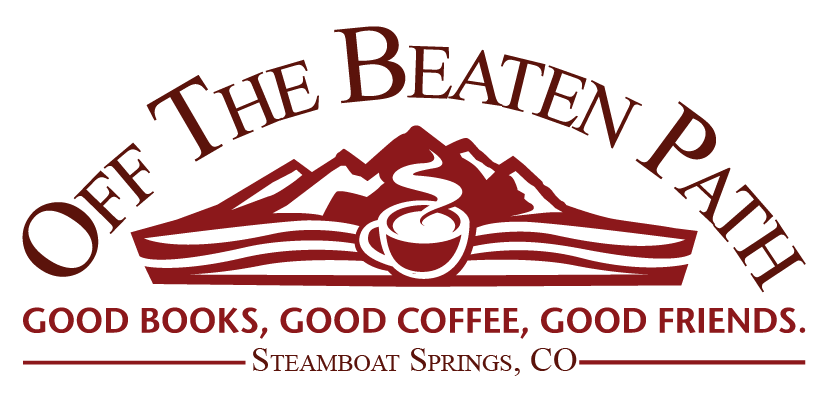
Joel's Tunes
Description
Contents of Joel's Tunes
I. Blues
II. Bop
III. Ballads
IV. Salon
V. 2-Beat
VI. Straight 8ths
* * * *
INTRODUCTION
Welcome to an approximate one-fortieth of my compositional output. I'm tempted to picture you. I won't try; but I wish you every success in making these tunes your own
As a melodist and a partisan of melodic composition, I tried to choose pieces which tend to announce themselves, that leave neither the player nor the listener in any doubt as to their form or their progress. (I also chose from among the least messy of the lot.)
If heard chronologically, a picture might be developed of my 40 years in New York...but I doubt it: I've always maintained the practice of jotting down the first stirrings of a melody, the moment it crosses my mind, then working out its implications at the keyboard; and I've always composed, indiscriminately, out of the six categories suggested here.
But it is true that music from my early years in New York will be under-represented in this selection. Those were days when---driving a truck, painting an apartment, or doing the laundry of an animal hospital---I felt myself a Charles Ives manqu and my composition rivaled my model's in austerity if in no other way. But then I started getting gigs and I found myself writing music for these gigs.
And when I found my mates ("mine own wild kind" as Pound put it), I wrote music for them and me to play together. Bassist David Hofstra freed my left hand for less-cluttered ensemble music. Drummer Denis Charles gave me so much of his sensed time that my own time is never in doubt. And Phillip Johnston gave me the voice of the saxophone as my primary conveyor of melody. I can hear all three of these guys in my head, any time I compose.
But the larger point is this: these 56 tunes were written in order to be played; and that's why I chose them to be published. I can imagine no happier afterlife than one in which my tunes are being played and enjoyed. Would you try your hand? Of course, I wouldn't mind, Twainishly, being allowed to observe that afterlife, myself.]
In each category, I try first to give the listener an idea of what I mean by what's comprehended there. In a second paragraph, I offer the player clues to performance.
Musicians of my generation came of age in a time of promise, a time when it felt natural to keep freedom in mind. It's my hope---nay, my belief---that these tunes encode something of the consciousness from which they emerged.
-JOEL FORRESTER, New York, 2015
* * * *
About the Author:
Joel Forrester is a stride and bop pianist, living and working in New York. He records for Donald Elfman's Ride Symbol label; his most recent release is THE LATE JOEL FORRESTER QUARTET (2015), which features Vito Dieterle on tenor sax. He gigs around town as a soloist and with small ensembles, performing pre-dominantly his own tunes. With Phillip Johnston, he continues to co-lead the Microscopic Septet. He also heads a quintet based in south-central France. He accompanies silent films for the American Academy of Motion Pictures Arts & Sciences. Among his nearly 2000 compositions are the theme to NPR's FRESH AIR WITH TERRY GROSS, the off-Broadway musical FASCIST LIVING, and the 8-hour piano piece INDUSTRIAL ARTS. Earlier in his life, Forrester received the criticism and encouragement of Thelonious Monk and Pannonica deKoenigswarter. As a pretentious young squirt, he supplied music for the early films of Andy Warhol. He has recently entered his eighth decade on earth.














![My First Piano Adventure, Lesson Book A, Pre-Reading: For the Young Beginner [With CD (Audio)]](https://images.booksense.com/images/190/776/9781616776190.jpg)













